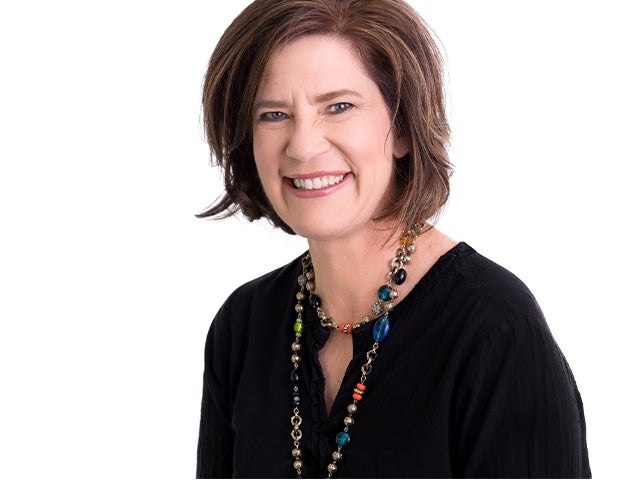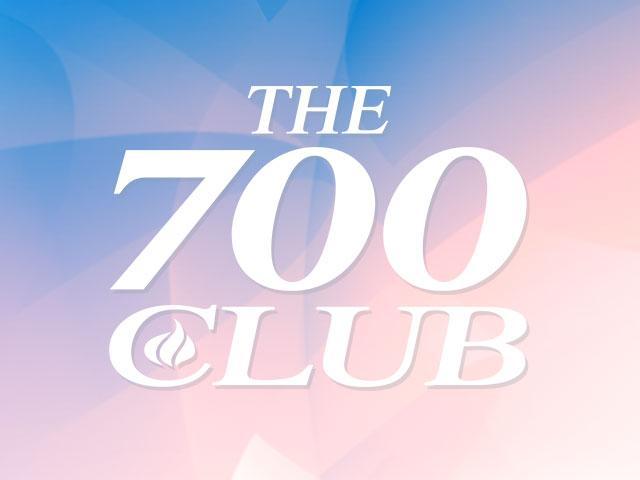Rescuing Children from the Dangers of the Sex Industry
MALNUTRITION
Africa is home to 28 of the top 30 countries with the highest infant mortality rates, with Angola in the lead. (Afghanistan tops the list worldwide.) On a 2010 visit to an Angolan malnourishment clinic, Sarah met “Angelina,” an emaciated two-year-old who, to this day, holds a firm grip around her heart. She says she’ll never forget the look of utter desperation in the toddler’s eyes. “I saw both life and terror looking back at me,” she remembers. Angelina needed a transfusion immediately, but the clinic’s blood bank was empty. While her parents combed the village for a type-O donor, a doctor asked Sarah if anyone on their team had type-O blood. Steve, their photographer, did and offered to donate without hesitation. The team was elated that they could save a life that day! The next morning, Sarah received a text stating that Angelina had died a few hours after they’d left. Though devastated by the news, the team found several ways to help and resolved to make a long term plan to stop as many needless deaths as possible.
Saving Moses now provides therapeutic milk to six clinics in the Benguela province of Angola, and another in the Democratic Republic of Congo. This milk is fortified and gives a baby with severe malnutrition the nutrients he or she needs to survive. Mothers are referred to the clinics and often need to stay between 4-6 weeks before their baby is healthy enough to be discharged. The survival rate of the babies who complete the full program is 86%. “We found that mothers were dropping out of the program because they did not have enough food for themselves while they stayed at the malnutrition clinic,” says Sarah. In 2015, Saving Moses started feeding the mothers to encourage them to stay for the entire duration of the program and ensure their baby is given the best chance at survival.
NIGHTCARE
Cambodia has one of the highest populations of sex workers in the world. While there are many Christian and humanitarian groups working toward an end to the sex trade, few are addressing the great dangers for the children involved. Babies of sex workers are vulnerable to a number of atrocities: being locked in rooms alone for hours at a time, viciously abused by their mothers’ clients, left to wander the treacherous streets alone, or left lying next to their mother as she works. In 2012, Saving Moses opened their first “NightCare” center, where children receive a bath, clean clothes, a nutritious meal, time for play, a lesson, and are put to bed until their mothers pick them up in the morning.
Sarah met a little girl in a Phnom Penh slum in 2013 who desperately needed such care. Chan Nu was an engaging, curly-haired two-year-old, who waved Sarah into her house, which she quickly surmised was a brothel. Chan Nu’s mom, Val, was a drug addict and sex worker, diagnosed with AIDS. Sarah and the Saving Moses staff pleaded many times with Val to bring her daughter to NightCare; she allowed her son to come but told them she needed her daughter to sell condoms to her customers. Val died a few years later, and Chan Nu was adopted by another mom. Sarah still sees her on annual trips, and can tell that the scars of her young life remain. They serve to reignite her passion to reach more children. Saving Moses has opened six NightCare Centers in Cambodia, one in Bangladesh, and is looking to expand into India, Sri Lanka, and The Philippines. While the mission is to save babies and toddlers, they have also captured the hearts of many mothers.
BIRTHAID
In many impoverished, war-torn countries, women lack access to basic pre- and postnatal care, or even safe, clean places to give birth. They also lack knowledge of safe birthing practices and proper infant care, which causes many preventable deaths due to infection, disease, or malnutrition. Saving Moses started “Birthaid,” a program which provides access to doctors and midwives, and education on birthing, breastfeeding, and infant care. They currently serve communities in Afghanistan, Syria, and Iraq.
HOW SAVING MOSES BEGAN
In 2009, Sarah traveled to Ethiopia where she learned of two baby girls abandoned in a field. If an orphanage had not reluctantly taken them in, they would have been left for dead in the field. Sarah found that many organizations and orphanages simply cannot afford to care for babies and toddlers; they simply cost more. “This age requires so many more resources and individualized attention than older children that most orphanages are forced to refuse care.” Sarah left Ethiopia with a burden to do something about the gap. The name comes from the biblical story of Moses, who was abandoned in the Nile River when he was an infant and then rescued by Pharaoh’s daughter. If Pharaoh’s daughter, a complete stranger, had not stepped in selflessly to save Moses from the Nile, he would have died. Rather, he later freed an entire nation from slavery.




